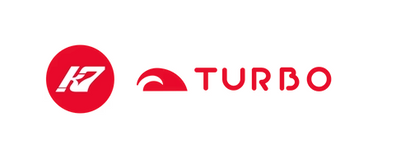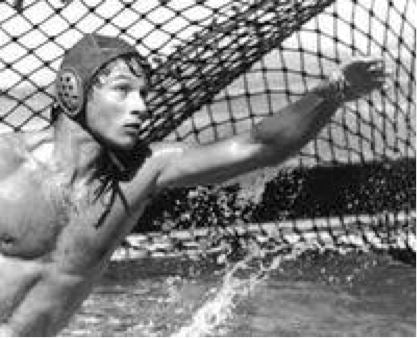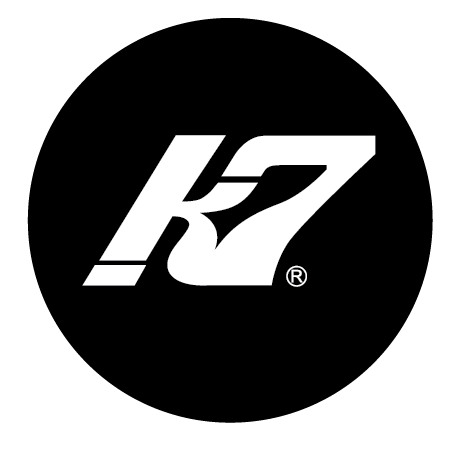Your Cart is Empty
I was very pleased with the quality of the hoodie and hat/cap! The products were delivered quickly too! Thank you!
Very nice backpack! I wish that you were still able to add names to the backpacks since it makes it easier to locate when the team all has the same backpacks.
Time for a replacement suit and K7 never disappoints!





